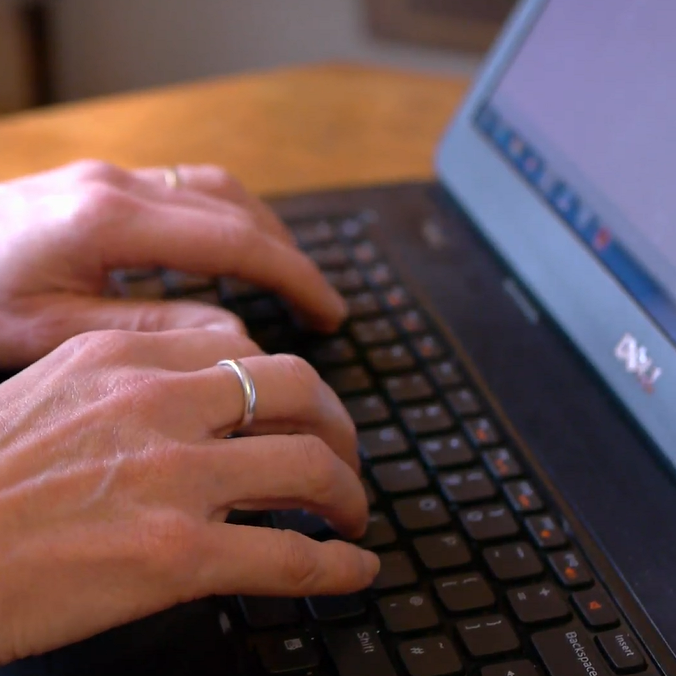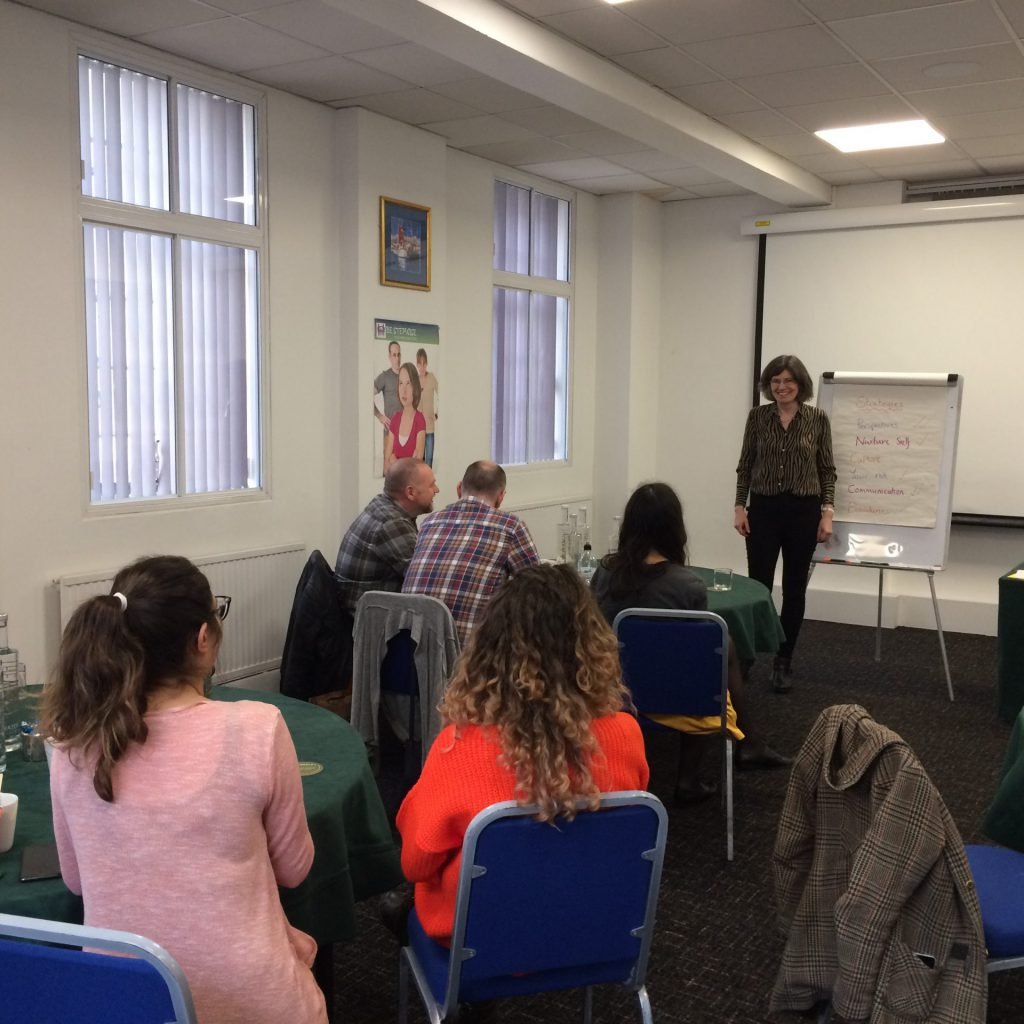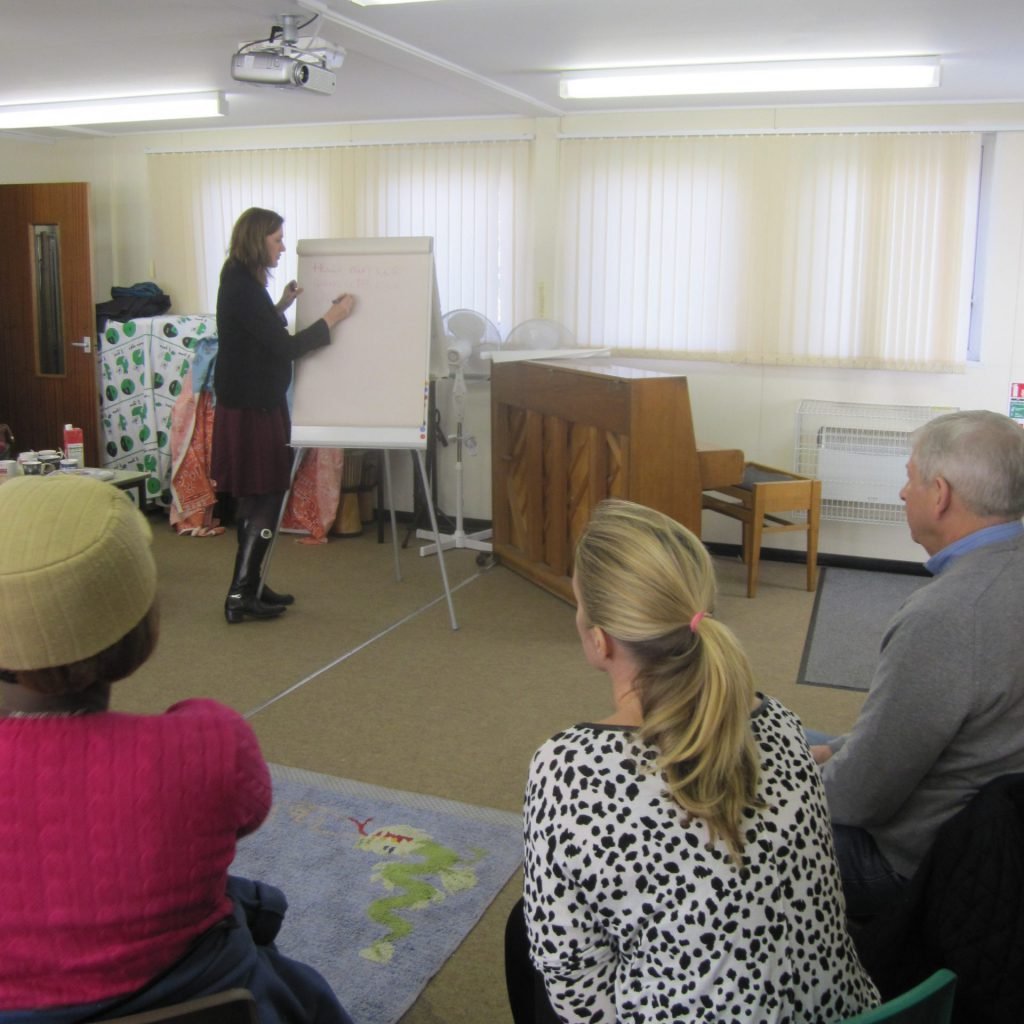The problem we solve
Step-families form as a result of a loss. Becoming a step-family means change and adjustment for family members. Children do not ask for and usually do not want changes.
The child in a step-family is biologically the child of one parent, not both. The attachment between a parent and their child can bring about unwieldly three-way relationships.
As step-families form, everyone involved can be making different assumptions about everyone else. What does the step-parent think their role is? What does the biological parent assume and expect from the child or his or her partner? What are the expectations of the child and the other family members, including ex-spouses?
In step-families the children exist before the step-parenting couple forms. The new couple’s relationship frequently comes under strain as they grapple with parenting issues. Older children hear and understand the disagreements. The other members of the new extended family are often critical. The couple move very quickly out of their ‘honeymoon period’.
There are many ways a step-family can experience lifecycle mix-ups.
- Introducing a new baby into a family of older children,
- Adult step-children may have children a similar age to their half siblings,
- The step-parent may be a similar age to the children of the first marriage.
The challenges can be practical ones, for example:
- Holidays suitable for babies can be very different from holidays a pre-teen or teenager might want.
- Older children have to learn to be quiet in the house when baby is asleep.
- Parents need to find time for each part of the family
The challenges can be mental: “I used to be Daddy’s Girl. Will he love me now he has a new baby?”
Every household lives differently. They have their own ways of doing things. By the time the step-family has formed the step-children have already lived some of their life as part of another family. The old family will have had different values and beliefs. A step-parent may find they have little in common with the children who are not ‘theirs’. Bonding takes time and requires the development of respect and trust as well as the formation of new cultures and traditions. Step-parents often do not love their partner’s children. After all, why should they? Until recently they were strangers. For step-parents it can be difficult to even feel ‘at home’ in their own home with their step-children. Meanwhile the biological parent can’t understand the step-parent’s problem.
When both parents bring children to the family it can add other layers of difficulty. It can mean tussling with two or more sets of needs, desires, timetables and idiosyncrasies, not to mention food, bedtimes, rituals and discipline. All of this has to be sorted out within a relatively short time scale to get the whole family functioning.
The difficulties can be further complicated by some children only residing with a family part of the time or for holidays. Their other biological parent’s home arrangements and expectations will be different and probably changing at the same time too.
Children living in two families are in a complex situation. A step-family can have 8 sets of grand-parents and many more relatives.
Often less money is available which makes difficulties. Different sides of a step-family can have different amounts of money available. For example, one set of children receiving private education and the other not.
House size and bedroom arrangements become more complex. Compatibility between children matters more as they need to share space.
Time becomes scarcer as it can be spent travelling between homes. The family can feel like several families under one roof each competing for attention.
Once two people have a child together, they remain co-parents even if they divorce. Co-parenting until the child is grown-up means communicating, organising and co-operating with someone they have chosen to be separate from.
In best case scenarios divorced parents get on amicably with their ex-partners. New partners are accepted and the step-family can have very positive relationships. For those lucky ones, the step-parent can be an additional resource and things can go fine.
Where this is not the case it can be extremely difficult. The step-parent often wants to help their new partner, and is involved with childcare and so becomes part of the system. All sorts of things can go wrong:
- The step-parent can find his/ her partner struggles to manage the ex-partner relationship.
- The ex-partner intrudes by continuing to be involved, doing favours for his/ her ex-partner or spending large amounts of time with them.
Becoming a step parent involves not only taking on someone else’s children but also someone else’s family and extended family. This can mean becoming part of a large family. In step-families the extended family can feel they have the right to interfere in your relationship. They feel they have this right ‘because of the children’. Interference can be in
- big decisions like choosing a suitable place to go on holiday, where to live, how to spend money, or for
- everyday arrangements like what to feed the children, house rules, allowances, and bedtimes.
When members of the extended family have not come to terms with the changes that have taken place in the family, they can project their feelings onto the new-comer – the new step-parent. It can be much easier to ‘hate’ a new step-parent than to deal with uncomfortable feelings. Step-parents often cannot understand why they are being blamed.
The pivotal parent is the biological parent of the child, and the partner of the step-parent. If both parents have children from previous relationships, then both parents are pivotal parents. Instead of working as a couple, pivotal parents sometimes support their child against their partner or support their partner more than their child. Either way there is an imbalance. This can leave either the step-parent feeling ganged-up against, or the child in rebellious mode.
One of the reasons why the pivotal parent may indulge the child is that they feel guilty for what has happened before. As a result, the parent may not discipline the child appropriately.
The pivotal parent may expect the new step-parent to love his or her children as their own. Once the pivotal parent has introduced the step-parent into the family they sometimes think everything is ‘back to normal’ and they don’t have to make a special effort. A common example of this is when the step-parent is frequently left at home to mind a step-child while the pivotal parent goes. A pivotal parent feels their child should be able to ‘drop-round’ unannounced and make themselves at home, or that the child should always sit in the front passenger seat of the car on journeys.
Step-parents are often told, “you knew what you were getting into”, but a step-parent rarely does.
In the beginning, a potential step-parent can think everything is fine. Children behave as though their parent’s new friend is welcome until something makes the step-child see the future step-parent as a threat to their relationship with their parent. This can happen quite suddenly. The threat they perceive comes from their future step-parent’s ‘togetherness’ with their parent. They see they may lose their parent due to the influence of this new outsider. This is a real threat. A step-parent and their new partner can and do make decisions together that will affect the step-child’s life as they set up home. A step-child will resist this. There is nothing that can be done to prevent this happening. It signals the beginning of step-family life, but it’s not usually what step-parents expect.
Step-parents find that living with children that are genetically connected to them is entirely different from living with children who are not. Step-children are never the children of step-parents. Step-children have two other parents even if they are not together or if one hass died. Step-parents can therefore find themselves in a parental role but being taken for granted. They manage the day-to-day grind of family life with little appreciation. When it comes to inclusion in things like family events, celebrations, graduations or birthdays they can find they are left out. Step-parents can then feel bitterly resentful.
A step-child can display all sorts of challenging behaviour. They can be rude, lie, steal, spy, talk back or refuse to co-operate. They can build a special relationship with the pivotal parent behind the back of the step-parents back with the pivotal parent. A step-child can develop behavioural problems such as anxiety, anger, school refusal, obsessive-compulsive disorders, depression or many other mental health conditions. A step-child may regress to a previous developmental stage. They may start bed-wetting, or insisting on eating with baby spoons or talking in childish ways.
A step-child may have trouble accepting a step-parent because their other parent may not be coping. The step-child may see their other parent unhappy and alone and feel sorry for them. They may blame their other parent, the step-parents partner, for this. They may feel disloyal when away from their other parent. They may be asked for information by one parent after visiting the other. The other parent may be over-confiding in the step-child, or may want them to be sad when away from them. The other parent may want to punish their ex-partner by withholding the children from them, so the step-child feels guilty. A step-child may refuse to meet or see the step-parent.
Adult step-children can be just as difficult to manage as they have their independence, yet are influential.
Parent alienation
Sometimes one or other parent has a temperament that means they become easily aggrieved. This aggrieved alienating parent tends not to share responsibility for what happened but blame others. The child becomes drawn in to trying to help them and becomes emotionally enmeshed with this alienating parent. The child thinks that their other parent was wrong or at fault for what happened in the original family. The mother or the father can become the alienating parent. The child can be persuaded by the alienating parent that the ‘other’ parent has done something that deserves their child’s rejection. This then becomes the alienated parent. The child refuses to see their alienated parent and talks ill of them. This is called ‘parent alienation’. This is serious, as it can lead to the child losing contact with one of their parents completely, often until adulthood or beyond. To deal with this, the alienated parent needs to get a proper diagnosis and then deal with it, often through the courts.
our services
Email Response Service
FREE – 3 email exchanges to answer any step-family question. If you put your question in writing to our contact box, we can usually reply within 48 hours.
PLEASE check your spam folder after two days if you do not receive a reply to your in-box.


Individual, Couple & Family Services
We meet with the individual step-parent, or the step-parent and their partner or entire families or family sub-sets.
Sometimes a single session is all that is wanted. At other times sessions are arranged at monthly intervals, or as required.
Parents have to contact Be StepWise via the contact box to set up the sessions. The best way forward is agreed. Sometimes this means a planning session with one or both of the parents in advance.
We can use telephone or Skype if convenient.
workshop
No of places: 12 per workshop
Timings: One day. 9.00am – 4.30pm
Location: Central London. Euston, London NW1
Cost: £115.00. per person.
To book: Use the ‘contact us’ form on this website to tell us
To ask a question: ‘Contact us’ and if you’d like a call just say.


Seminars
Be StepWise delivers seminars at businesses, networks and events. Below is an example of a one-hour event.
The Be StepWise Step-Parent seminar will take a closer look at step-parenting. We look at why a step-family is different and what this means. We correct the misconceptions about step-family life. We put into context the challenges step-parents face. We share strategies for enabling step-parents and their families to achieve a sustainable future together. As far as possible, we address any individual questions step-parents bring to the session. If the session is likely to be heavily attended, then we ask for questions to be submitted in advance.
